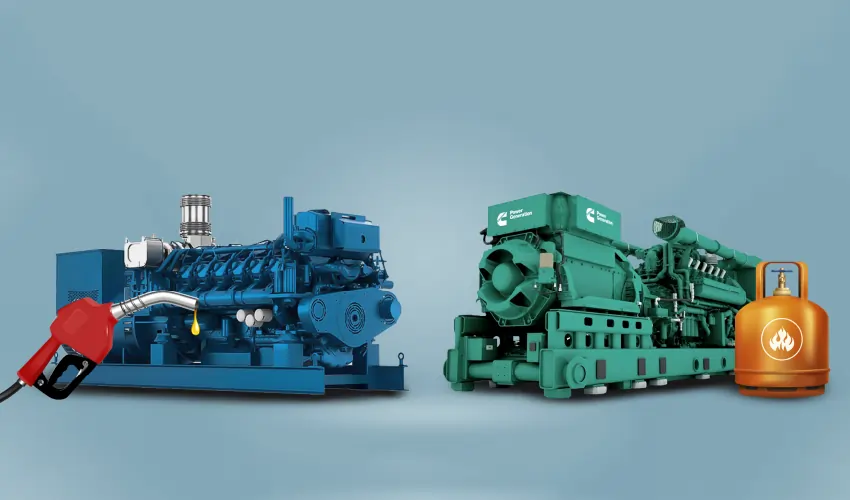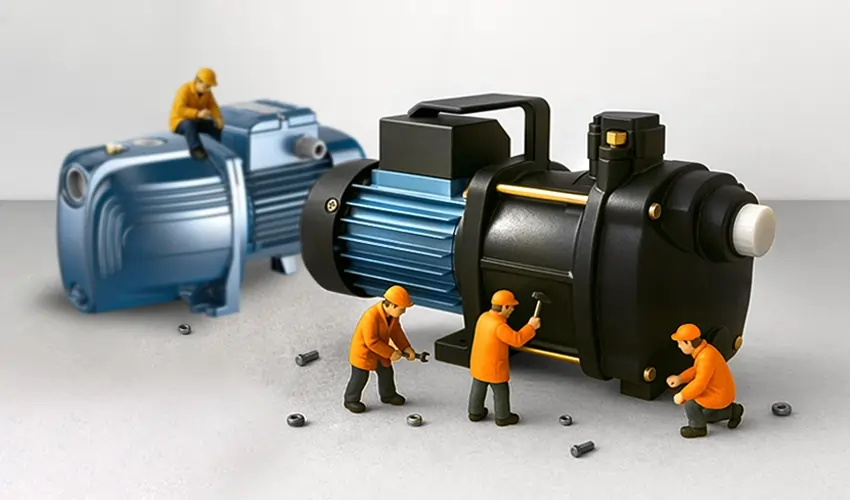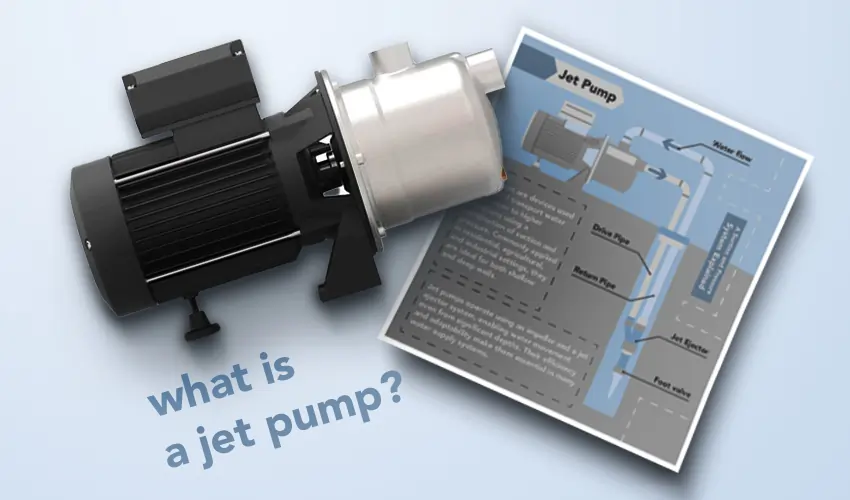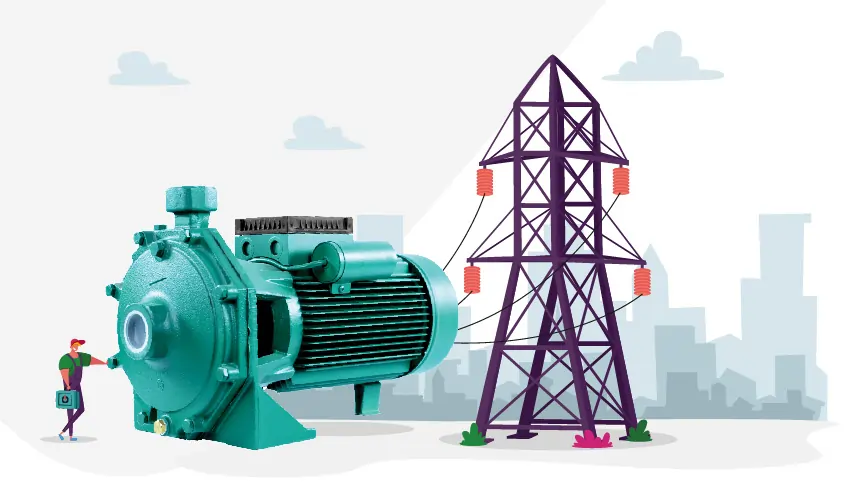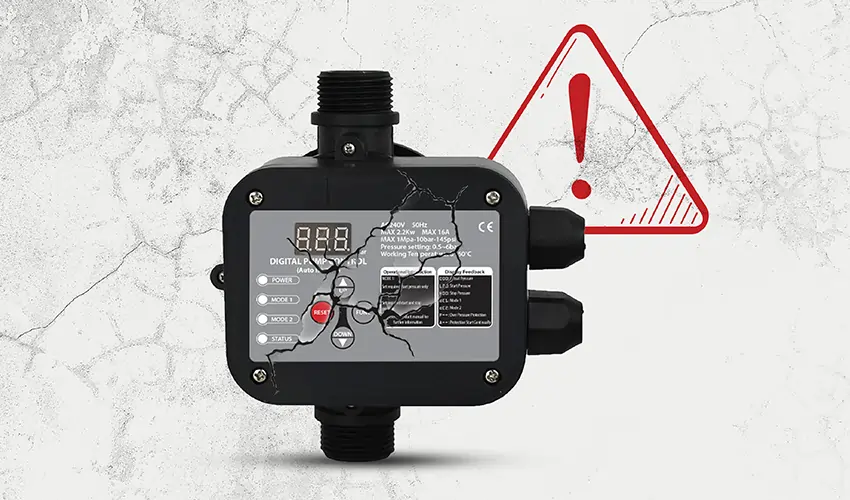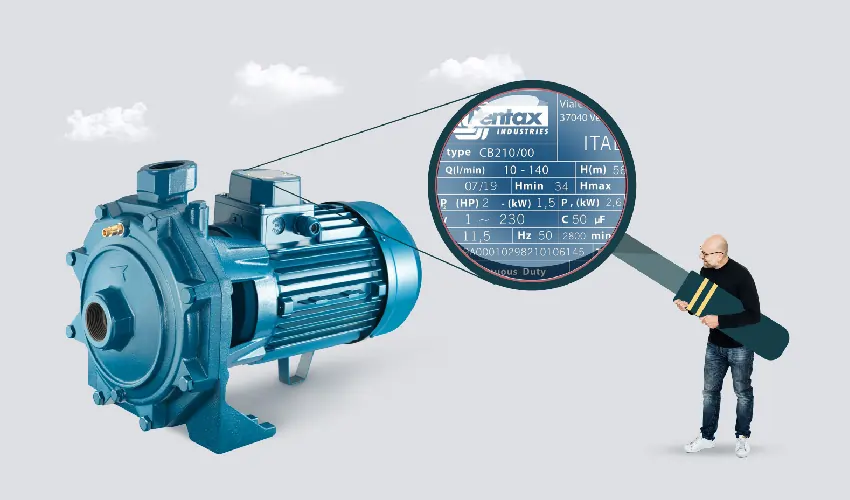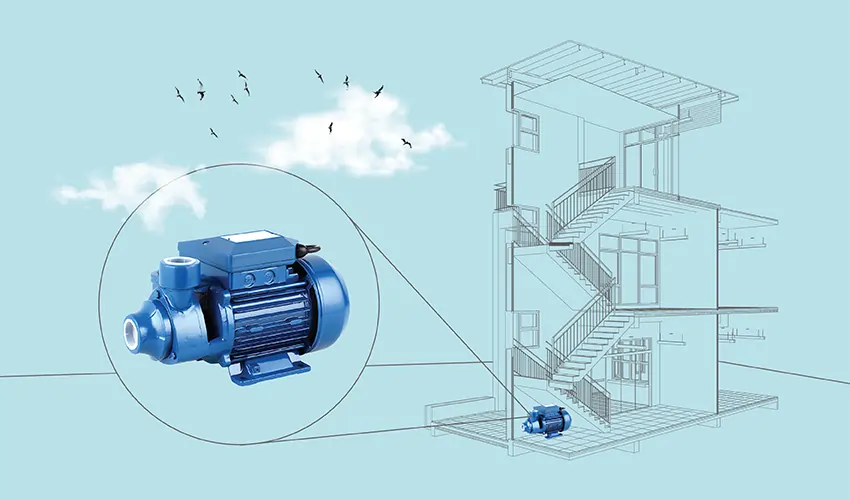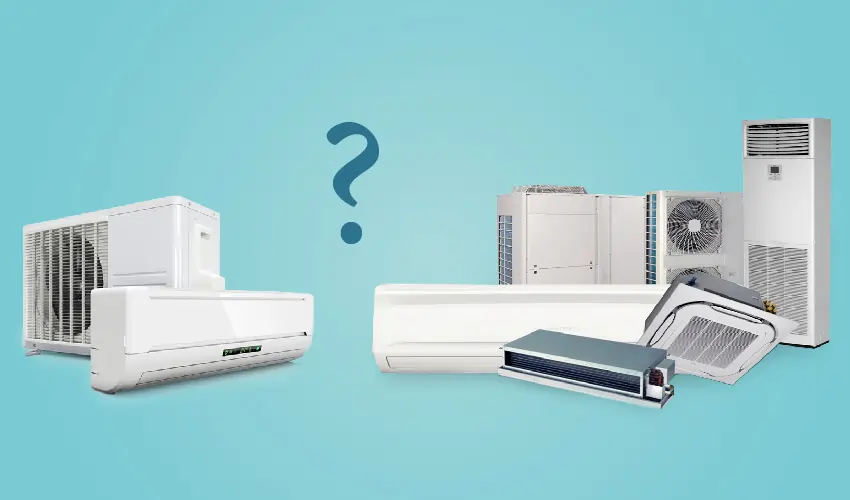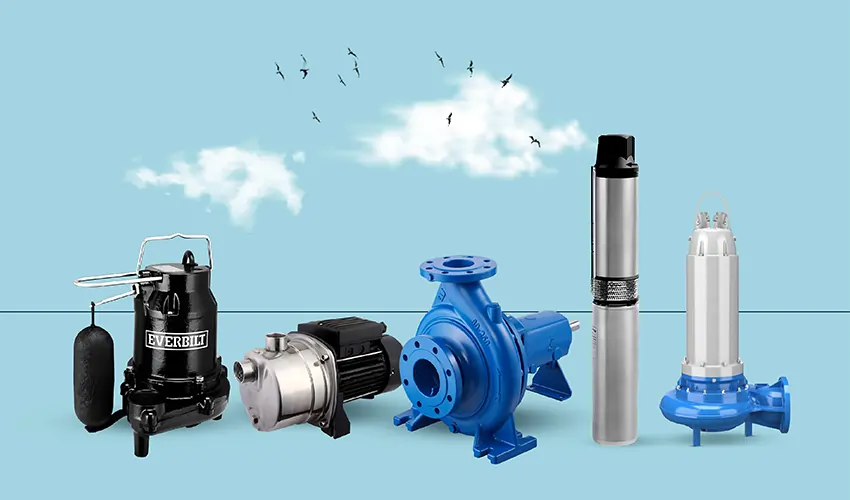Gas Generator Vs. Diesel Generator Set
Navigate the power landscape wisely by understanding the key distinctions between gas and diesel generators. Uncover the nuances that influence efficiency, fuel costs, and load-handling capabilities, ensuring you make the right choice tailored to your specific power needs.
What Is a Gas Generator Set?
A gas generator, in the context of power generation, refers to a generator that runs on natural gas or liquefied petroleum gas (LPG) to produce electrical energy. These generators are commonly used as a source of backup or primary power in various settings, including residential, commercial, and industrial applications. Gas generators can be portable or stationary and are known for their efficiency, cleaner emissions compared to some other fuel sources, and convenience.
They typically consist of an internal combustion engine fueled by natural gas or propane, connected to an alternator that generates electricity when the engine is in operation. Gas generators are versatile and widely used for providing electricity during power outages or in locations where a reliable power source is not readily available.
What Is a Diesel Generator Set?
A diesel generator is a type of generator that utilizes a diesel engine to convert diesel fuel into electrical energy. Diesel generator sets are commonly employed as backup power sources or in locations where a consistent and reliable power supply is essential. Diesel generators are known for their reliability, fuel efficiency, and long lifespan. They are commonly used in various applications, including residential backup power, industrial settings, construction sites, and as primary power sources in remote locations. Diesel generators are valued for their ability to provide a stable power supply for an extended duration and their capacity to handle heavy loads.
One notable feature of diesel generators is their ability to operate for extended periods without interruption, making them suitable for continuous power applications. They are also known for their fuel efficiency and longevity, making them a popular choice in situations where a robust and reliable power source is required.
What are The Differences of Gas Generator and Diesel Generator?
Gas generators and diesel generators differ in several key aspects, including the type of fuel they use, fuel efficiency, maintenance requirements, and specific applications. Here are the primary difference between gas generators and diesel generators:
Type of Fuel
Gas Generators: Run on natural gas or liquefied petroleum gas (LPG). These generators are commonly referred to as natural gas generators.
Diesel Generators: Operate using diesel fuel, a type of liquid fuel.
Fuel Efficiency
Gas Generators: Generally have lower fuel efficiency compared to diesel generators. The energy content of natural gas is lower than that of diesel fuel, requiring a larger volume of gas to produce the same amount of power.
Diesel Generators: Tend to be more fuel-efficient, providing more power per unit of fuel compared to gas generators.
Cost of Fuel
Gas Generators: Natural gas is often less expensive than diesel fuel, making gas generators more cost-effective in terms of fuel.
Diesel Generators: Diesel fuel can be more expensive than natural gas, impacting the overall operating cost.
Power Output and Load Handling
Gas Generators: Suitable for lighter to moderate loads. They may have limitations in handling heavy loads or sustained high-demand applications.
Diesel Generators: Well-suited for heavy loads and continuous high-demand applications. They are often used in industrial settings and for emergency backup power.
Longevity and Durability
Gas Generators: Tend to have a shorter lifespan compared to diesel generators. Gas engines may experience more wear over time.
Diesel Generators: Known for their durability and longevity. Diesel engines are often more robust and can withstand higher levels of stress.
Maintenance Requirements
Gas Generators: Generally require more frequent maintenance due to the nature of gas engines. Components like spark plugs and ignition systems may need regular attention.
Diesel Generators: Typically have lower maintenance requirements. Diesel engines are known for their reliability and longevity with less frequent maintenance needs.
Emissions
Gas Generators: Tend to produce fewer emissions compared to diesel generators. They are often considered more environmentally friendly.
Diesel Generators: Produce higher levels of emissions, including nitrogen oxides and particulate matter. However, modern diesel generators may incorporate technologies to reduce emissions.
Applications
Gas Generators: Commonly used in residential settings, small businesses, and situations where continuous heavy loads are not a primary requirement.
Diesel Generators: Widely used in industrial settings, construction sites, large-scale backup power applications, and situations demanding continuous and heavy load capabilities.
Conclusion
The choice between a gas generator and a diesel generator hinges on specific needs and considerations. Gas generators, utilizing natural gas or LPG, offer cost-effective fuel and lower emissions but may have limitations in handling heavy loads. On the other hand, diesel generators, known for durability and high load capacity, are more fuel-efficient but may incur higher operating costs.
The decision should be guided by factors such as fuel availability, intended applications, and the balance between fuel efficiency and environmental considerations. Each type presents distinct advantages, and the optimal choice depends on the unique requirements of the power generation scenario.

